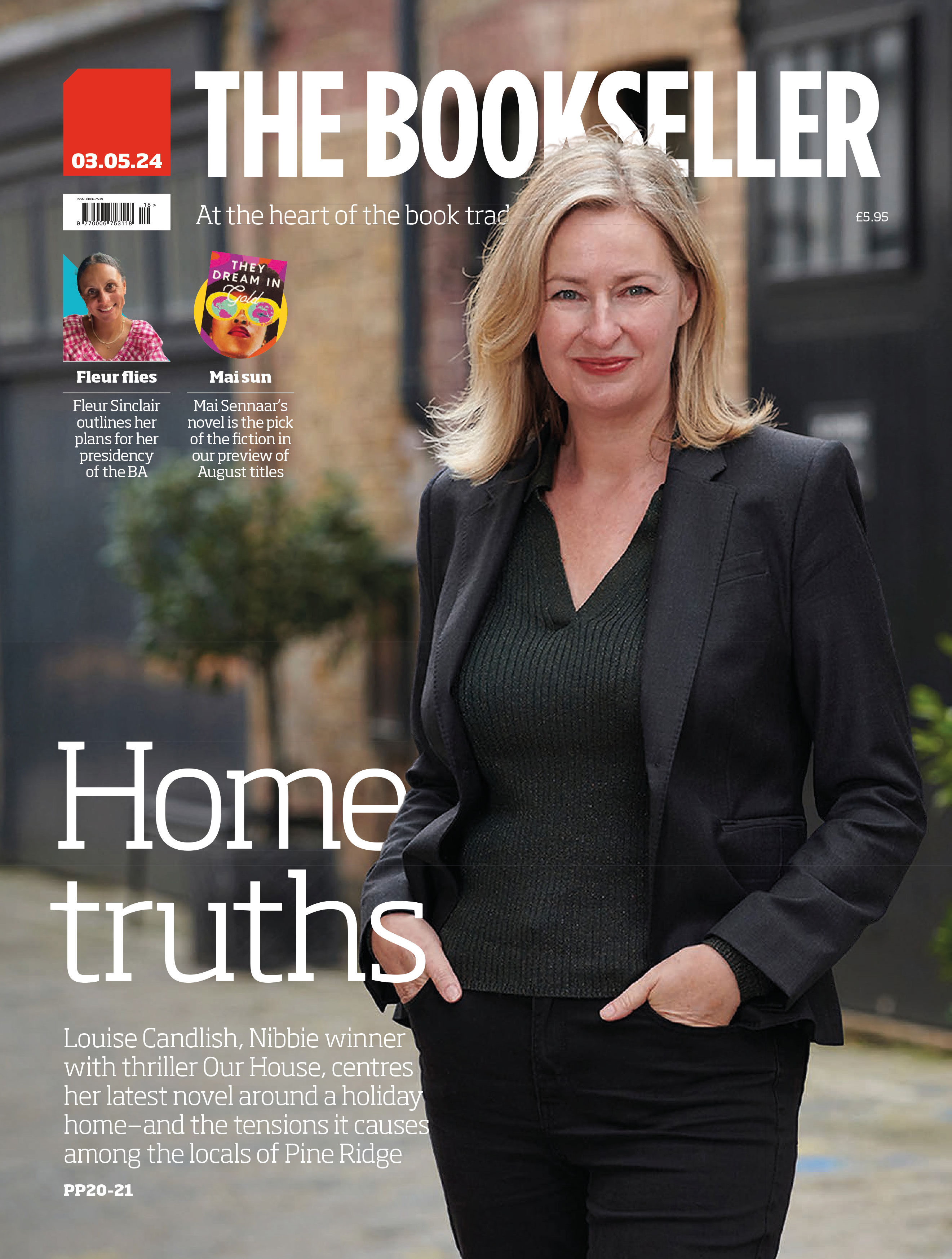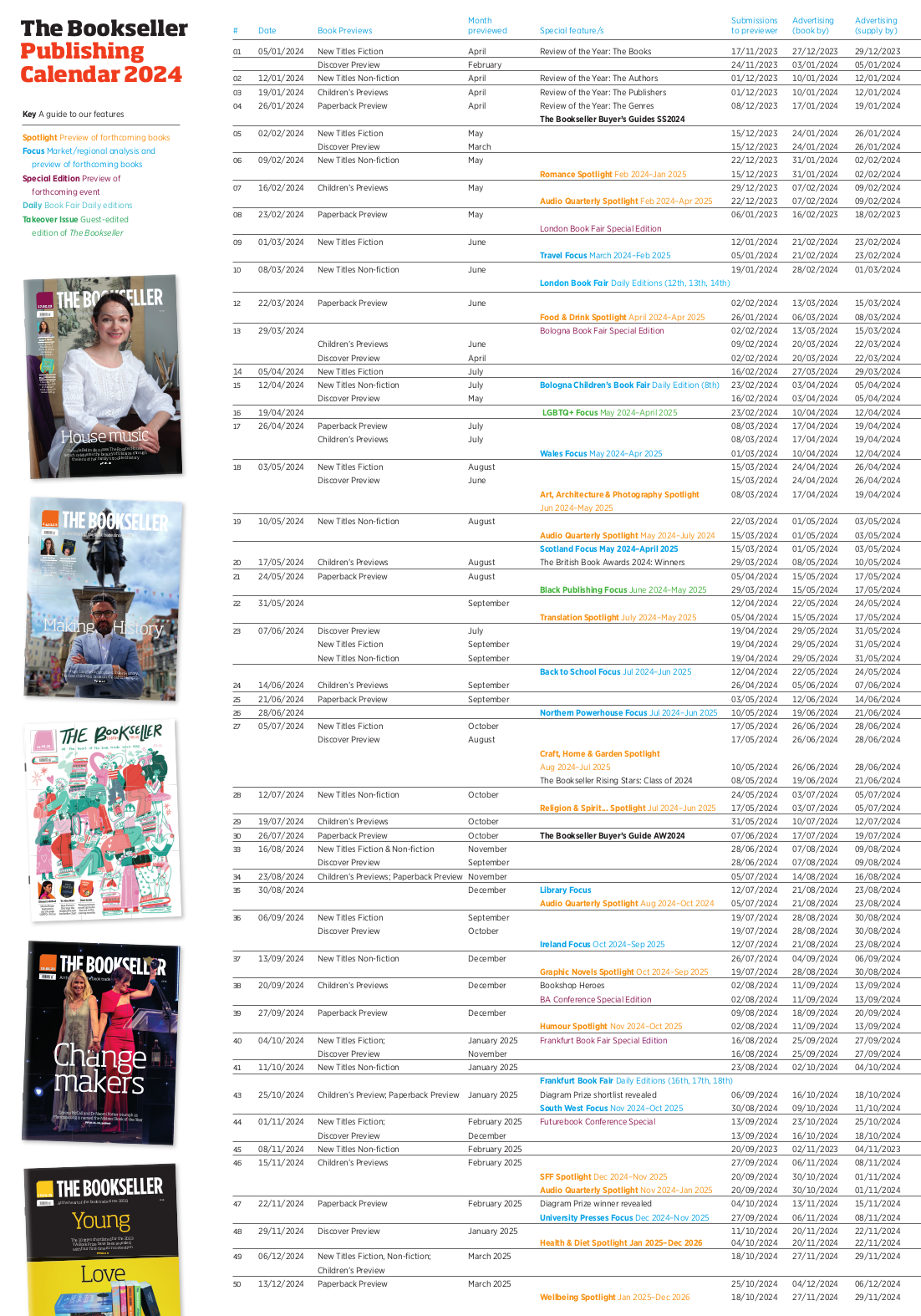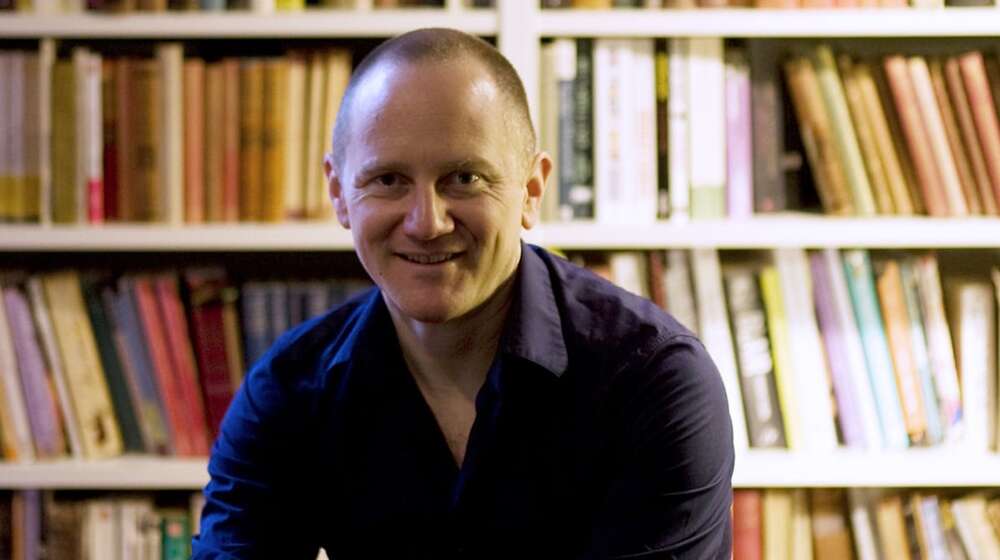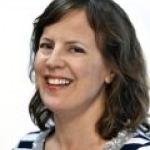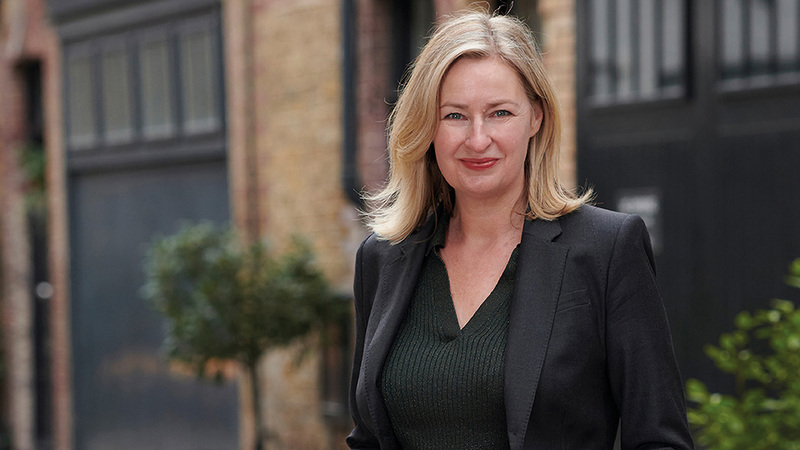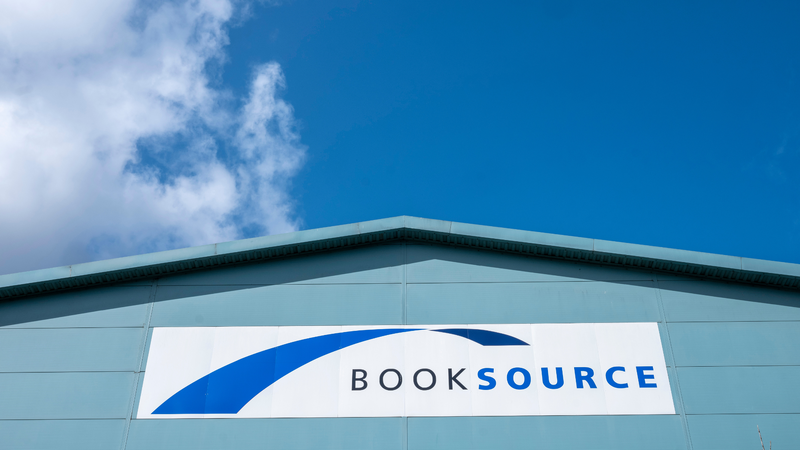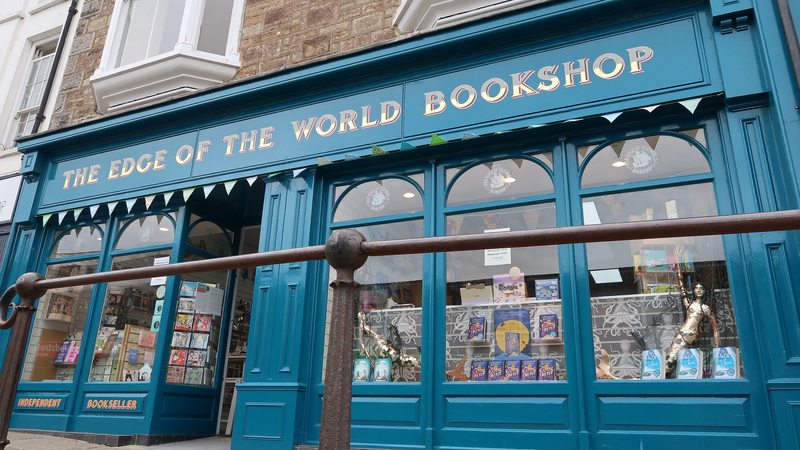You are viewing your 1 free article this month. Login to read more articles.
Chris Cleave | 'I was conscious that I really wanted to step up a level as a writer'
Everyone Brave is Forgiven (Sceptre) is an epic love story set against the extraordinary events of the Second World War. It opens with Mary North, the privileged daughter of an English MP, abandoning finishing school in Switzerland to offer her services to the war effort after hostilities are declared in September 1939.
Arriving in London and hoping for a wildly exciting post, she is dismayed to be sent to teach at a primary school across the city. Soon Mary’s path crosses that of Tom Shaw, a thoughtful man who has elected not to go to war, and his flatmate Alistair, who feels it is his honourable duty to sign up. This dazzling novel follows the course of the war for them all, moving from the harrowing Siege of Malta, where the men face daily attacks and starvation, to the Blitz, where Mary, no less courageously, is fighting her own war in a London ravaged almost beyond recognition.
The novel was inspired by Chris Cleave’s own family history. His grandfather, Captain David Hill, fought in the Second World War and survived the Siege of Malta. During the siege, he wrote to his fianceÃÅe Mary (Cleave’s grandmother) and she wrote back. They exchanged hundreds of letters and telegrams over the course of three and a half years, written on everything from fancy stationery, to scrap paper, and even the back of a theatre programme.
That got me thinking about all of these hidden lives suddenly exposed to public view. The metaphor of the bombed-out house is very real; everyone’s lives had their fa√ßades blown off
“The more I dug, the more fascinating their story was,” says Cleave. He discovered that before Mary met David she was engaged to someone else, and was sitting next to this man in an East End cinema when a bomb fell through the roof. Mary regained consciousness in hospital three days later to discover that her fianceÃÅ was dead and that, unbeknown to her, he was already married. “That got me thinking,” Cleave says, “about all of these hidden lives suddenly exposed to public view. The metaphor of the bombed-out house is very real; everyone’s lives had their facÃßades blown off.”
While David’s letters to Mary at home in England survived—they are now in Cleave’s treasured possession—Mary’s letters to David are lost; the troop ship carrying them back to the UK after the siege was sunk en route. This meant Cleave had a clear insight into his grandfather’s state of mind through his letters, but not one into his grandmother’s psyche: “I had to imagine her . . . I think that’s why [Everyone Brave is Forgiven] became the book it did—inspired by them but not based on their lives.”
Reading Everyone Brave is Forgiven is a very vivid experience. Cleave writes about the events of nearly 70 years ago with a startling immediacy and freshness. The novel opens in September 1939 and ends in the middle of 1942—a deliberate choice, says Cleave, as that was the period when nobody knew which side was going to win. Much of what he writes about are events in our collective memory; we know from history lessons that much of London was pounded into rubble during the Blitz, but here we see it anew through Mary’s eyes, as she drives an ambulance past the smoking ruins of people’s lives.
One of the reasons Everyone Brave is Forgiven is such an immersive read is due to the vast amount of research Cleave undertook. He refers to it as quite “method”. He lived in Malta for three months, visiting the places mentioned in his grandfather’s letters and even sleeping where his grandfather had been billeted. He talked to elderly islanders too: “I am of the last generation of novelists that actually pick up the phone and make an appointment with someone who lived through it, and go and meet them in Valetta. In 10 years’ time that won’t be possible”. Cleave did all of this while living off war-time rations (London rations, he points out, not Malta’s; the soldiers were being slowly starved to death by the blockade).
Cleave says that he wanted to experience “the demotivational power of hunger. All of the stuff that we do consciously—waking up, being cheerful, retaining our sense of duty—it goes so quickly. It’s incredible, I think, how morally weak we become as soon as we are hungry. So when I was thinking about bravery it was all through that filter; they were so hungry and yet they stuck to their duty. It seemed more and more remarkable to me the hungrier I got.”
The act of writing the novel left him with a sense of awe towards the generation who lived through the war: “I was amazed by the low frequency and high intensity of their communication and by their emotional self-control and their determination to contain sadness within themselves rather than to have this modern reflex of sharing it with as many people as possible, as if it would somehow lose its power that way.”
A real strength of the novel is the pitch-perfect dialogue, which displays the characters’ humour and their bravery in the face of the almost daily enemy attacks. When Mary holds up a mirror so that her friend Hilda can see her damaged face for the first time, her only remark is that Mary has done a better job on her hair (an elaborate, laquered pompadour) than last time. During the terrible Siege of Malta, a character finally accepts his diseased arm must be amputated and his fellow officer says drily: “I shall alert the Navy immediately and have them sober up their best surgeon.” There is, Cleave notes, “a slight current of hysteria underneath their humour. I felt the gap between what they are living through and what they are talking about would be where the emotional effect of the story lived.
“It is a war, so you have to talk about the violence, it’s nothing without that. But for me that’s not where the story lives, the story lives in the moments where people decide whether they are going to win within themselves or not. It struck me that when you are called upon to fight, there are two wars that one has to win—and only one is against the enemy. The other is the war that you have to win against your own worst nature and that war is not abstract. I think that’s why I found it more and more interesting to write about war-time, because it forces us to say, ‘Well, who are we? Are we the people that are going to crack or are we the people that are going to come through?’”
Everyone Brave is Forgiven is Cleave’s fourth novel, but his first set in the past. “I was conscious that I really wanted to step up a level as a writer,” he explains. “I always think that I have to try harder with each book and develop. I’d run out of room in the way I was thinking about my writing and I needed to have a bigger stage and try to inhabit it differently.”
He says that all of his novels are an attempt to answer a question. His 2005 deÃÅbut novel, Incendiary, about a woman whose husband and son are killed in a terrorist attack, asks if we can rebuild ourselves after total loss. The Other Hand, an international bestseller about a young Nigerian girl who seeks asylum in England, asks how much should we give of ourselves in order to live. Gold, about Olympic cycling hopefuls, asks what comes first, friendship or success.
“The continuity is [in the fact that] I’m asking what it means to be brave, because in peace-time and war-time those are different things. In peace-time it is super brave to stand up against your society and say, ‘Look, here are some things we are doing wrong.’ In war-time it’s really brave to shut that voice up inside yourself and just get on with it.”

